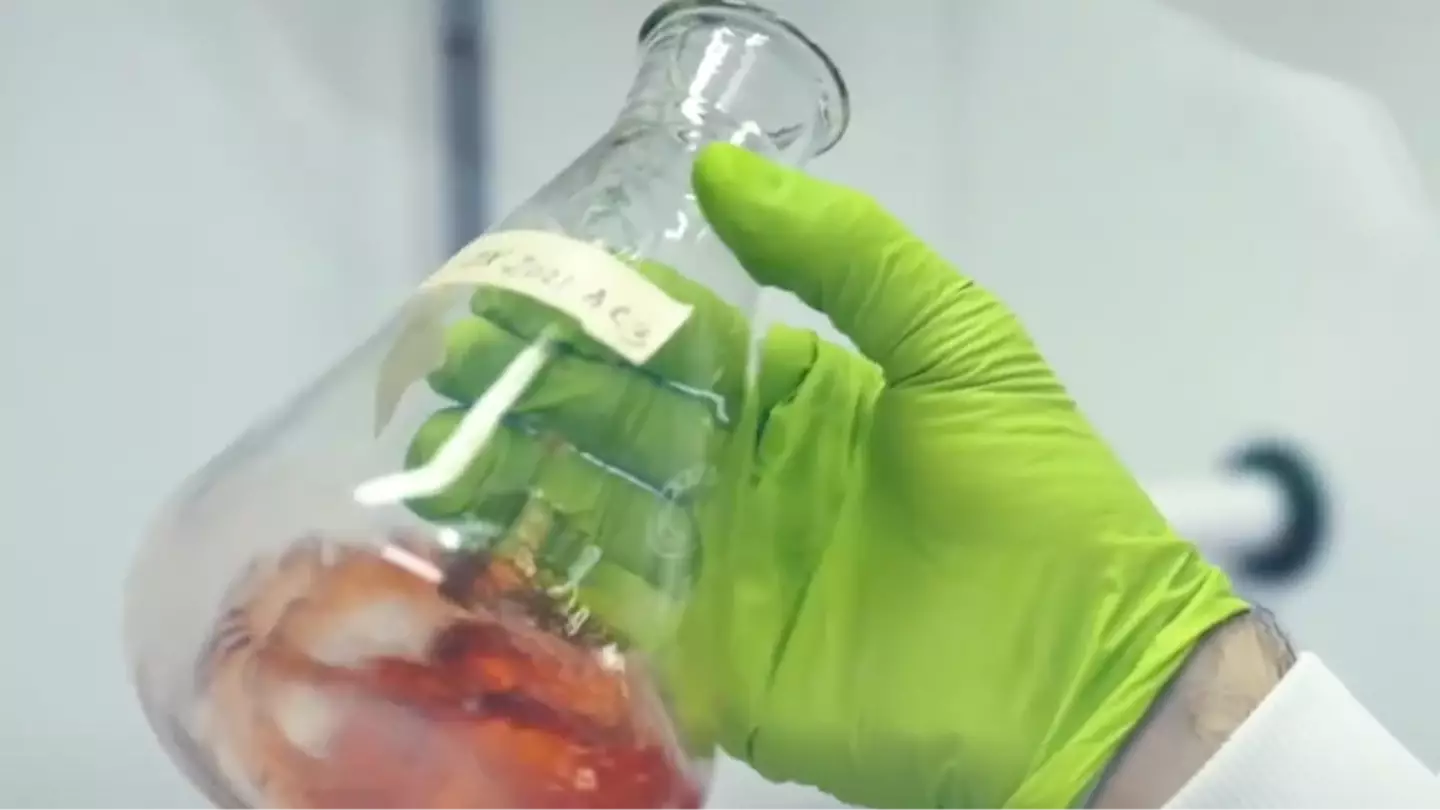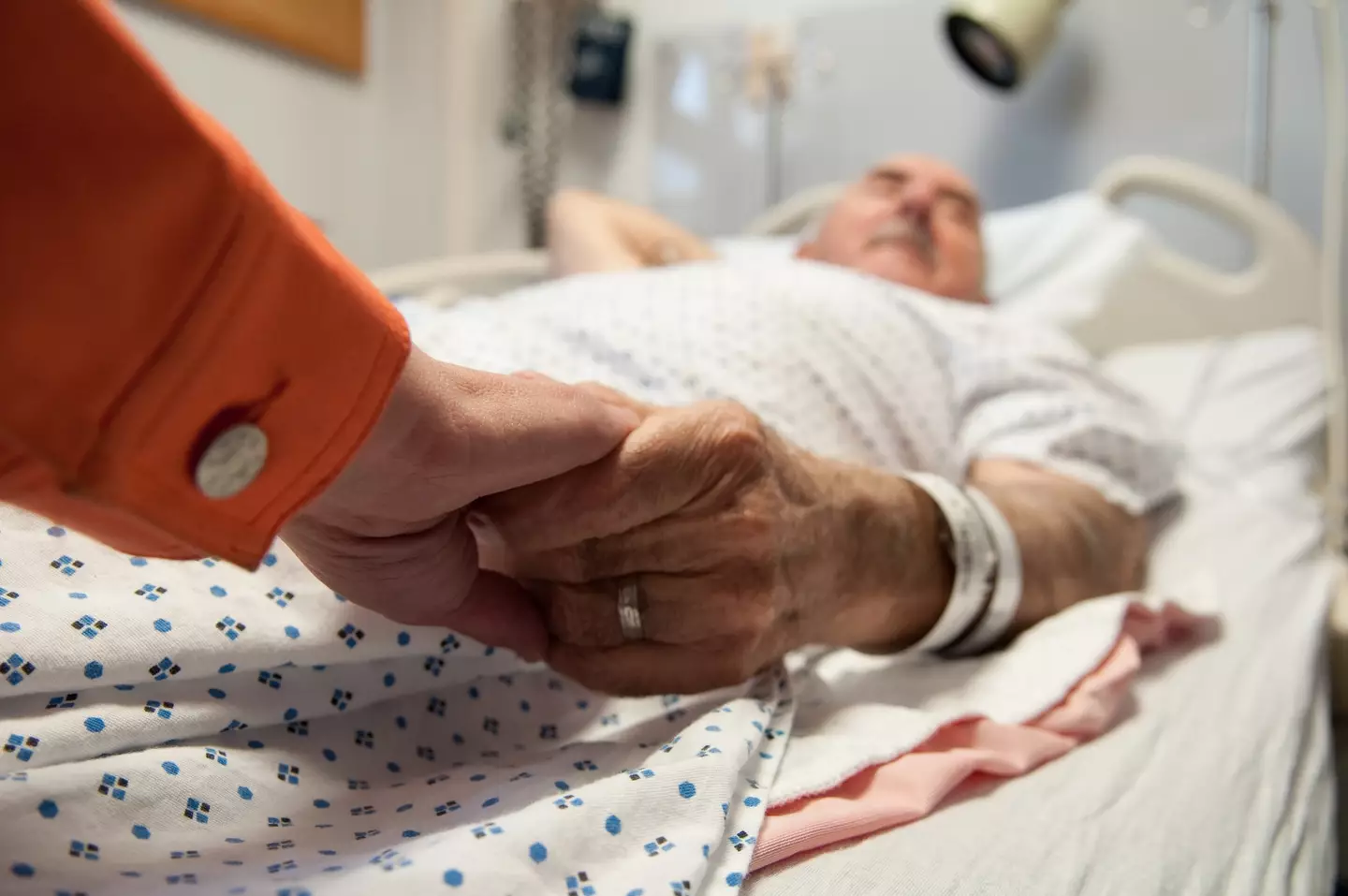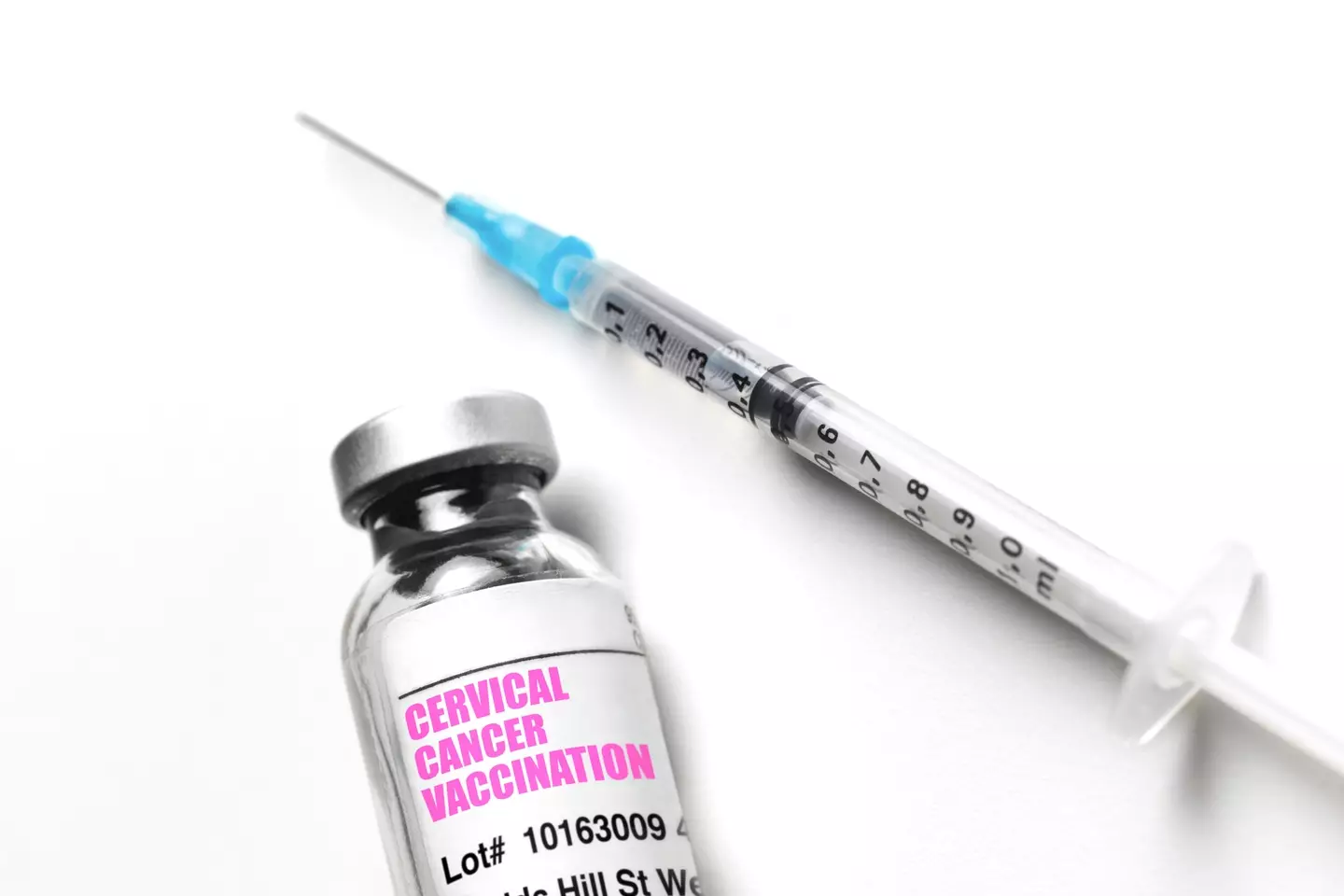
Scientists are on the verge of making a medical breakthrough with a new 'cancer vaccine' that could stop the disease in its tracks 20 years early.
In the United States, cancer continues to devastate hundreds of thousands of families every single year.
According to the National Cancer Institute, more than two million new cases of cancer were diagnosed in the US last year, with 611,720 people dying from the disease.

Advert
The most common cancers are breast cancer, prostate cancer, lung and bronchus cancer, colon and rectum cancer, melanoma, bladder cancer, kidney and renal pelvis cancer, non-Hodgkin lymphoma, endometrial cancer, pancreatic cancer, leukemia, thyroid cancer, and liver cancer, the institute warns.
However, there could be a breakthrough on the horizon, as scientists from the University of Oxford, UK, inch nearer to creating a vaccine to prevent the disease.
Researchers have revealed they have plans to 'detect the undetectable' by pinpointing the changes cells make two decades before cancer begins to develop, reports The Mirror.

Advert
Speaking to BBC Radio 4's Today programme, professor Sarah Blagden, who is co-leading the project with pharmaceutical company, GSK, explained the team will study 'pre-cancer biology'.
She said: "Cancer does not sort of come from nowhere.
"You always imagine it would take about a year or two years to develop in your body but, in fact, we now know that cancers can take up to 20 years, sometimes even more, to develop - as a normal cell transitions to become cancerous.
"We know that, actually at that point, most cancers are invisible when they are going through this, what we now call pre-cancer stage. And so the purpose of the vaccine is not to vaccinate against established cancer, but to actually vaccinate against that pre-cancer stage."
Advert
The project comes as part of the GSK-Oxford Cancer Immuno-Prevention Programme while the university has already established itself as a lead in vaccines - most notably the first Covid-19 vaccines - as well as identifying other cancers.

The researchers have already identified tumour-specific proteins which could be stopped by vaccines to prevent cancer from coming back, but the new research looks to possibly vaccinate sufferers before cancer even takes a hold.
Professor Irene Tracey, Vice-Chancellor of Oxford University, praised the partnership as a 'step forward' in cancer research with high hopes the team will 'unlock the potential of cancer vaccines and bring hope to patients worldwide'.
Advert
The news also comes as the researchers say there is already a number of potential preventative cancer vaccines under development from the university, including the 'LynchVax' for people affected by Lynch syndrome (a genetic disorder that increases the risk of developing certain cancers), 'OvarianVax', which 'teaches' the immune system to recognize and attack early stages of ovarian cancer, and 'LungVax' which could prevent or delay the onset of cancer in people at risk of certain types of lung cancer.
Topics: Cancer, Health, Science, UK News, World News, US News